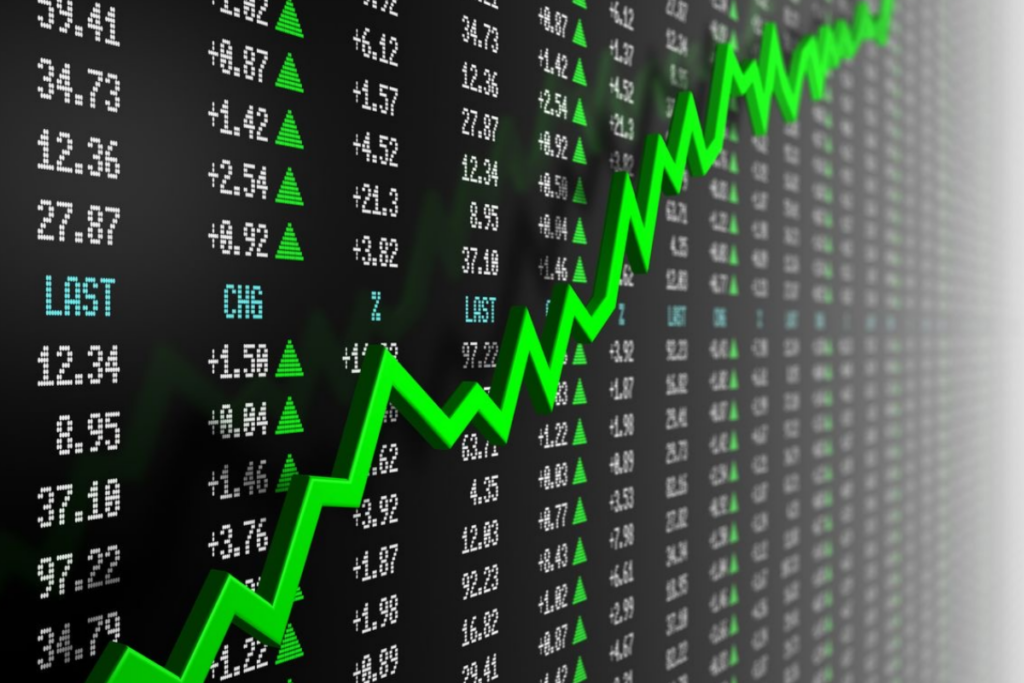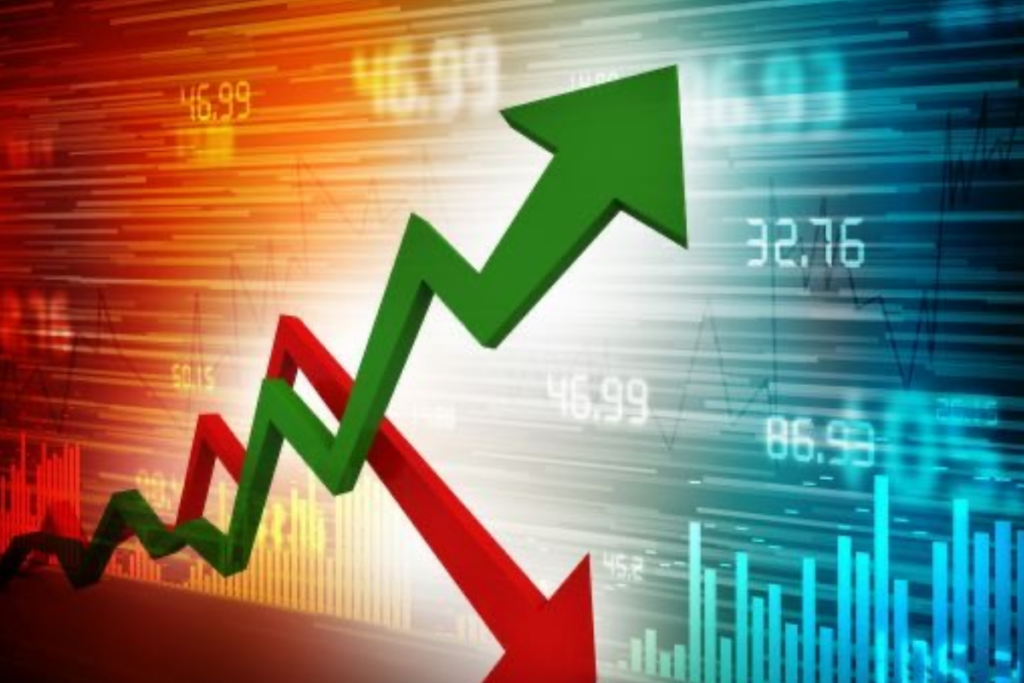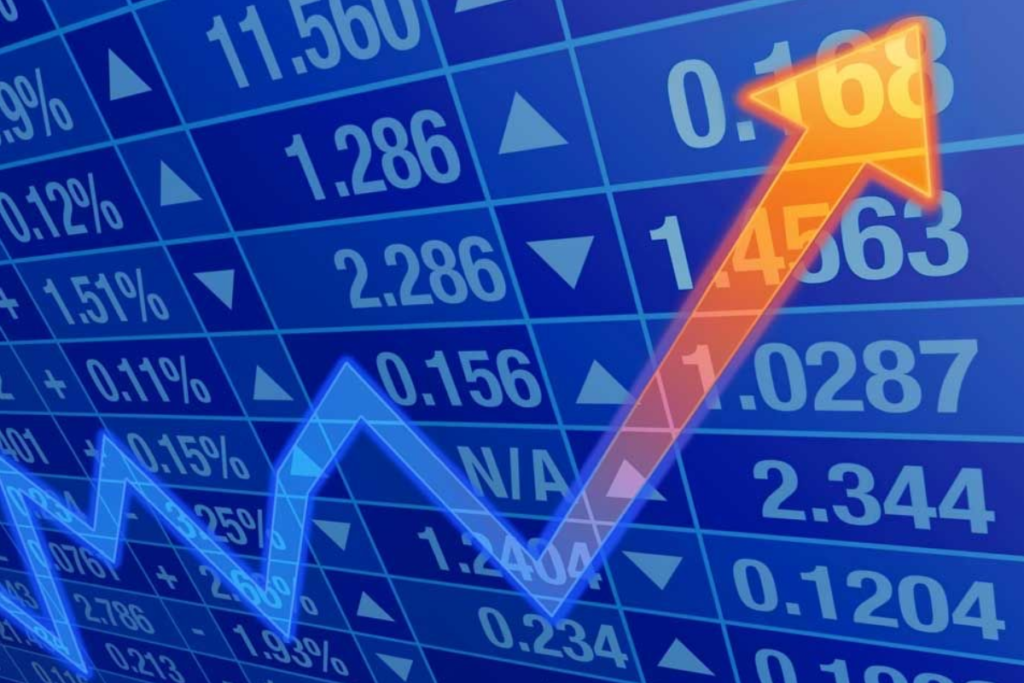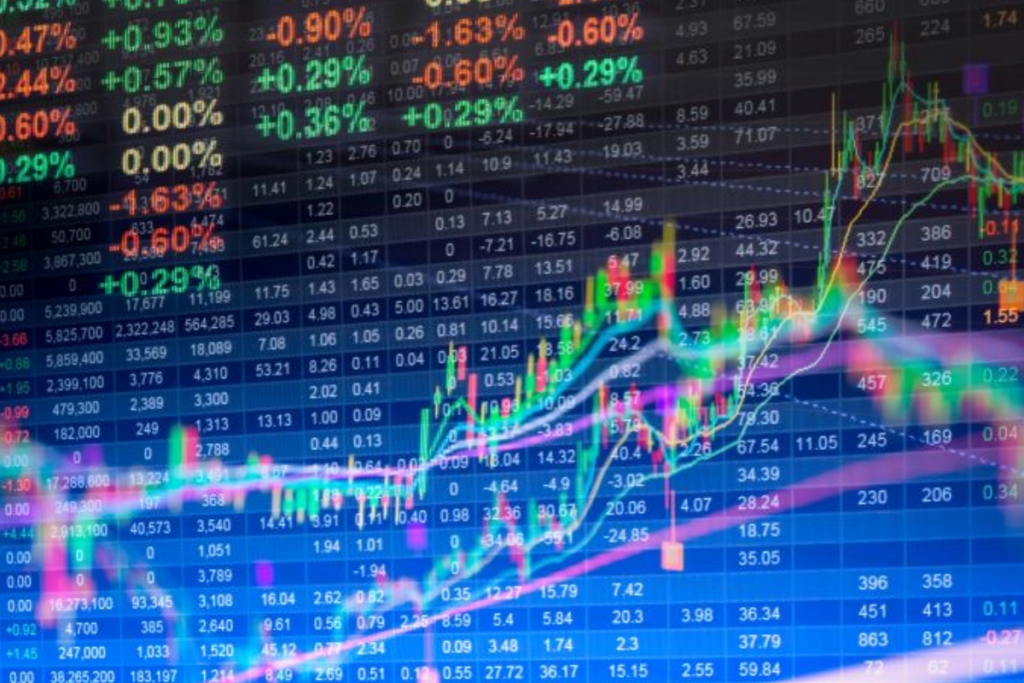The Russell 2000, a stock market index that tracks smaller companies, might be experiencing trouble making profits.
In July, the stock index went as high as 10.1%. However, in August, it dropped by about 4%. A Small-Cap Fund, ALPS O’Shares U.S. Small-Cap Quality Dividend ETF (OUSM), performs better than the Russell 2000 by being more selective in its investments.
What Does the Russell 2000 Indicate?
The Russell 2000 is used to indicate how small-cap stocks perform. Small-cap stores are companies with small market capitalizations. In most cases, these companies are in the early stages of growth, making the index a good indicator of how smaller or start-up businesses in the U.S. are performing.

Unlike much larger corporations, smaller businesses are more sensitive to economic changes. This can enable the Russell 2000 to offer insights into the overall economic environment. For instance, when a specific index is performing well, it may indicate that investors are hoping for future growth. On the other hand, when it doesn’t perform well, it might suggest that investors have concerns about the economy in general or business conditions.
What Is the Performance of the Russell 2000 Index Fund?
According to ALPS’ Paul Baiocchi, there is a significant reason for the volatile movement of the Russell 2000. He explained that the up-and-down movement is because many of the small businesses in the Russell 2000 are not making money, which can affect investors’ wealth.

According to a report by Apollo Global, about 40% of them are not making money. Baiocchi explained that investors who put their money into the Russell 2000 know what they will get. Due to its volatility, they understand they will get positive and negative results.
ALSO READ: Morgan Stanley’s Wealth Advisors Can Now Pitch Bitcoin ETFs
To avoid the problem of companies not being profitable, Baiocchi made some suggestions. He advised that investors mainly focus on high-quality companies and consider more selective investment options like his firm, ALPS O’Shares U.S. Small-Cap Quality Dividend ETF (OUSM).
This fund selects companies that pay dividends and, most importantly, grow over time. These companies are less risky and volatile than those in the same category. Unlike the Russell 2000, which has many companies, Baiocchi’s small-cap fund only has 107 stocks, which makes it more selective.
This fund’s three significant holdings are Tradeweb Markets, Juniper Networks, and Old Republic International. Each company makes up about 2% of the fund. Although this smaller fund lost 1.5% this month, it is still better than the Russell 2000, which lost more than 2%.
How Does the Russell 2000 Work?
The market index consists of various companies from a wide range of industries. These companies are selected based on their market capitalization, which is the total value of all their outstanding shares of stocks.
The companies that constitute the index rank between 1001 and 3000 within the Russell 3000. The index is weighted by market capitalization, which means that companies with higher market value have a much more significant influence on the index’s performance.

However, because the Index is made up of smaller companies, individual stocks usually have less impact than larger companies’ indices. It is reconstituted every year, which means that the list of companies in the index is updated every year to show market changes. Companies can be added or removed based on certain factors, including size.
ALSO READ: Important Crypto Tax Rules for Every Investor as Bitcoin Surges by 50% in 2024
What Stocks Make Up the Index?
The stock market index is made up of companies from a wide selection of industries, representing many sectors of the U.S. economy. Generally, these companies are not well known, unlike those in much larger indices like the NASDAQ and S&P 500.

The index includes companies representing industries such as Technology, Energy, Industrial, Healthcare, Financial Services, and Consumer discretionary. Examples of companies that might be found in these industries include biotech firms, small regional banks, small technology companies, and specialty retailers.
What Is the Russell 2000 Index?
The index is a subset of the Russell 3000 Index that tracks the performance of about 2000 of the smallest publicly traded companies in the U.S.
The index is usually used by investors who actively invest in the small-cap space to benchmark their performance. For example, suppose an investor wants to invest in a small-cap fund that is being managed actively. In that case, it might compare the fund’s performance to that of the Russell 2000 to check if the fund’s active strategy added value for its shareholders.
What Is the Difference Between the Russell 2000 and Russell 3000?
Although both are stock market indices, they both target different market segments. Their differences include;
- Russell 2000 tracks 2000 of the smallest companies within Russell 3000, while Russell 3000 includes 3000 of the largest publicly traded companies in America. The companies are selected based on market capitalization.
- Russell 2000 represents small-cap stocks, usually companies with smaller market capitalization, while Russell 3000 represents 96% of the investable U.S. stock market.
- The Russell 2000 served as and provides insight into the performance and trends of smaller companies in the U.S. The Russell 3000, on the other hand, provides a broader and more comprehensive view of the entire U.S. stock market and offers insight into its overall performance.
You Might Also Like:
GM Lays Off Over 1,000 Salaried Software and Services Employees
Essential Insights Before Investing in Buffer ETFs
Cathie Wood Makes Major Investments in This Hot AI Stock—And It May Surprise You
Boeing Halts 777X Aircraft Tests After Discovering Damage to Jet Structure

